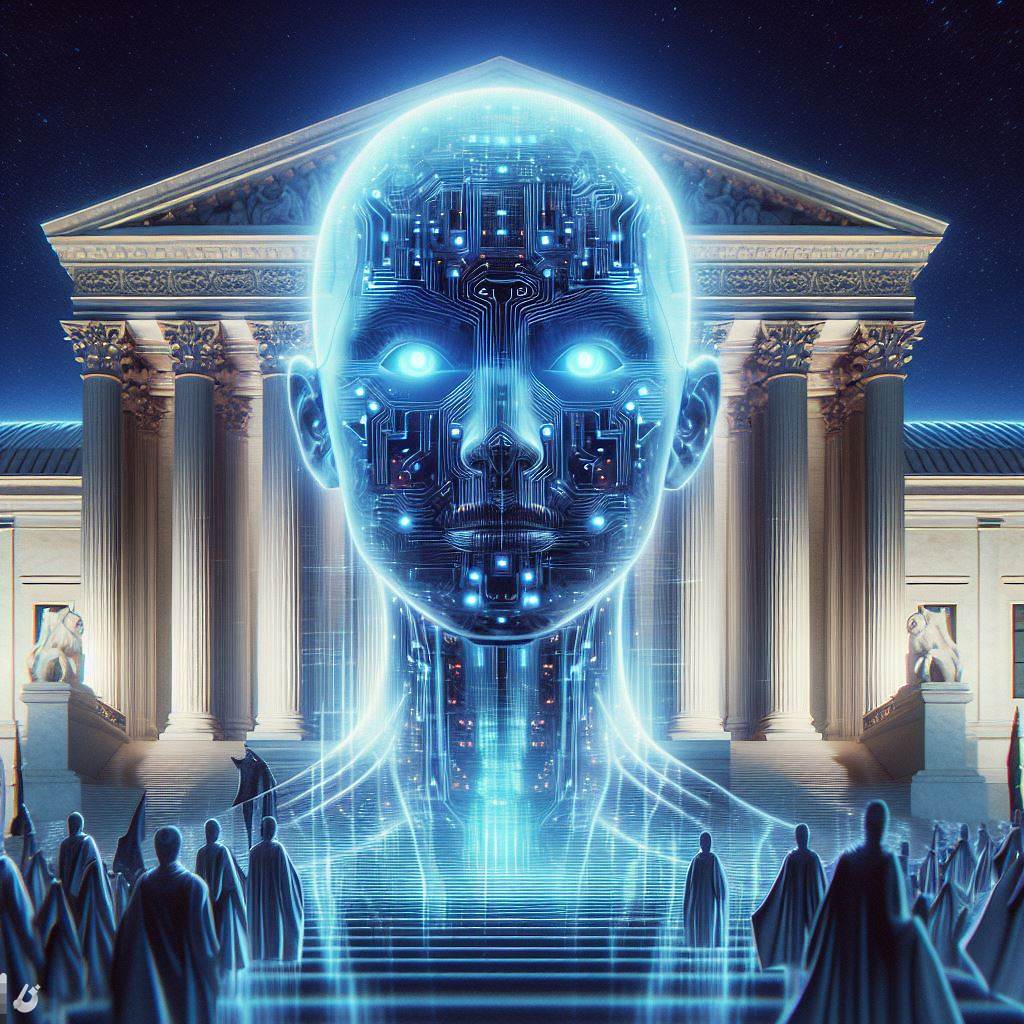
In a year-end report published on Sunday, U.S. Supreme Court Chief Justice John Roberts addressed the transformative influence of artificial intelligence (AI) on the legal field, presenting a nuanced perspective on its implications.
Chief Justice Roberts acknowledged the potential benefits of AI, stating that it could enhance access to justice for indigent litigants, revolutionize legal research, and expedite case resolutions, thereby reducing costs. However, he also emphasized the need for "caution and humility" as the legal system adapts to this evolving technology.
"I predict that human judges will be around for a while," Roberts asserted, highlighting the inevitability of AI's impact on judicial work, especially at the trial level.
The chief justice's remarks come at a time when lower courts are grappling with how to integrate AI into legal processes. Notably, some courts are dealing with challenges related to AI-generated content, referred to as "hallucinations."
Roberts pointed out a case where AI hallucinations led lawyers to cite nonexistent cases in court papers, cautioning against such practices as "always a bad idea." He did not provide further details but noted that this phenomenon had made headlines during the year.
One recent example involved Michael Cohen, former attorney for Donald Trump, who admitted to mistakenly including fake case citations generated by an AI program in official court filings. Similar instances of lawyers incorporating AI-hallucinated cases into legal briefs have been documented, raising concerns about the accuracy of AI-generated content.
Addressing these challenges, the 5th U.S. Circuit Court of Appeals in New Orleans proposed a rule aimed at regulating the use of generative AI tools by lawyers appearing before the court. The rule would require lawyers to certify that they either did not rely on AI programs to draft briefs or that humans reviewed the accuracy of any text generated by AI in their court filings.
As the legal system grapples with the integration of AI, Chief Justice Roberts' call for caution underscores the need to balance the potential benefits of technology with the challenges and risks it presents to the legal profession.